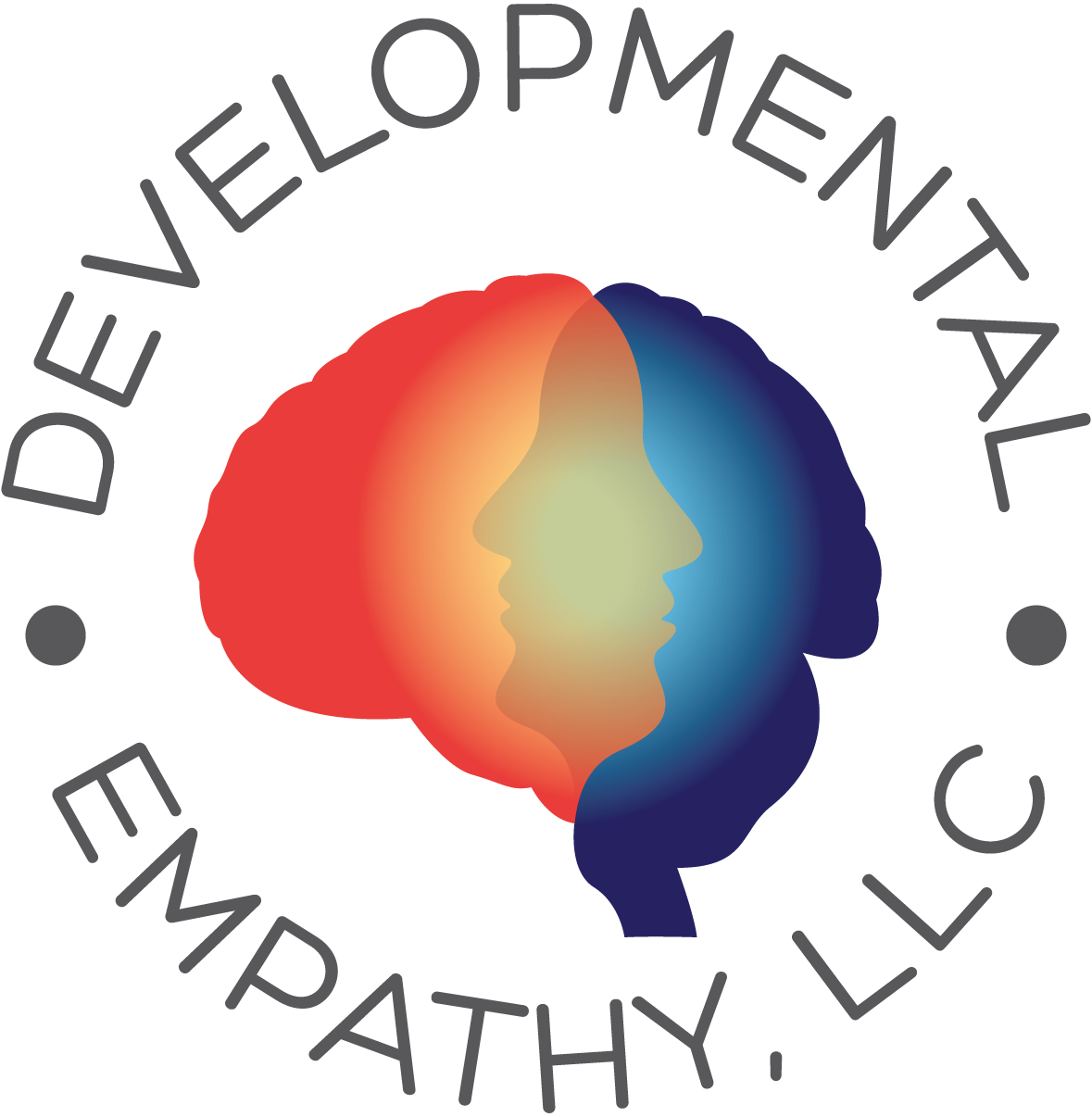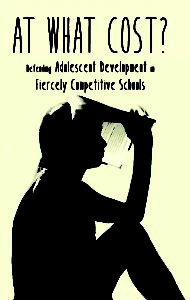As with many questions of this nature, I am always intrigued by questions involving the intersection of human development (cognitive, social, emotional and physical) and environmental expectations and demands. I strongly recommend that these educators prioritize “sensitivity about children’s developmental needs” over a focus on “high standards,” particularly if such “high standards” – supersede a balanced approach to educating “the whole child.” As we know from those 65-80 years of developmental theory about child development, all elementary school children are in very early stages of their development – cognitively, emotionally, socially, physically – and therefore, are highly vulnerable to any environmental pressures that overwhelm their emerging capacities. We tend to understand and appreciate this point more whenever we hear of young children being exposed to traumatic situations (neglect, abuse, loss, etc.), and then we intuitively empathize with these children, knowing that they are so powerless and vulnerable in these crises. While children’s exposure to traumatic circumstances and their being expected to meet “high standards” in school are obviously very different situations, there are some overlapping features and concerns. Essentially, and as I describe in my book (
At What Cost?), subjecting developmentally vulnerable children to consistent demands to meet the “high standards” expectations of their teachers and parents doesn’t usually result in a specific crisis-like event, but instead, it tends to result in children’s “slow burn,” their gradually become exhausted and “out of gas.” These kids look often like they have lost their steam … or have lost their energy and natural joy for life. One of my favorite developmental theorists,
Robert Kegan, has warned that when adults expect children and adolescents to function beyond their developmental capacities, the adults create a situation that is dangerous for both the adults (whose expectations are too high) and for the developing children and adolescents. As Kegan asserts,
“The cost to a person of being unseen, of being seen as the person-one-might-become rather than the person-one-is … is a bewildering experience of being unfairly demanded of.” So, my advice for elementary school educators?
- Prioritize knowing and continued learning about the actual developmental capacities of the children they are hired to educate.
- Treat (educate) children according to who they are, not according to who they might be … if they were able to meet such “high standards.”
Basically, subjecting young children to expectations and demands that are beyond their developmental status is an example of the “bewildering experience” Kegan identifies, as it risks children’s “being unfairly demanded of,” and that, too often, leads to their unhealthy outcomes.


